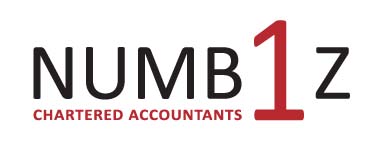Provisional Tax
Provisional Tax is a way of paying your income tax as the income is received through the year. Installments of income tax are paid during the year, based on what your expected tax to pay is likely to be. Provisional tax is then deducted from your income tax assessment at the end of the year.
If your calculated income tax less rebates and tax credits (residual income tax) is $2,500 or more then you are required to pay provisional tax in the following tax year.
There are three methods for calculating provisional tax. These are outlined below:
Standard option
This is the option is used unless you choose the estimation or ratio options.
As a general rule this is calculated as your residual income tax for the previous year plus 5%.
Although in years of legislation this calculation is adjusted to reflect the changes.
Estimation option
If you think that the Standard option is not correct for any reason then you may estimate what your residual income tax will be. Although you must ensure that you consider the following:
- The right tax rate depends on you:
- Adding up all your expected income (from all sources);
- Working out the tax on the total;
- Subtracting any tax credits that you may be entitled to (like PAYE);
- If your estimated residual income tax is lower than your actual residual income tax (by 5%) you will be liable for interest on the underpaid amount
- You can estimate your provisional tax as many times as necessary up until your last instalment date. Each estimate must be fair and reasonable.
Collecting Outstanding Accounts
Remember CASH is the life blood of your business. If you don’t collect your debtors then you will not be able to pay for your business inputs to keep your business working.
There will always be some overdue payments.
The best ways to chase late payers are:
- A personal visit.
- A personal phone call.
- A letter or email.
When you follow up late payers:
- Be polite.
- Be firm.
- Be consistent - follow through on what you say you are going to do. You don’t want to lose a customer, so always work towards a resolution that preserves the relationship.
Find out the following:
- Is there a dispute - over invoice, delivery or quality of product.
- Reason for the delay - eg haven’t been paid by customers, cash flow problems.
- When you are likely to be paid.
- Give option for payments - to assist in their making full payment in shortest possible timeframe.


Copyright 2017 NUMB1Z Limited 2017
Design and Development: gregorystudio.com
Contact





